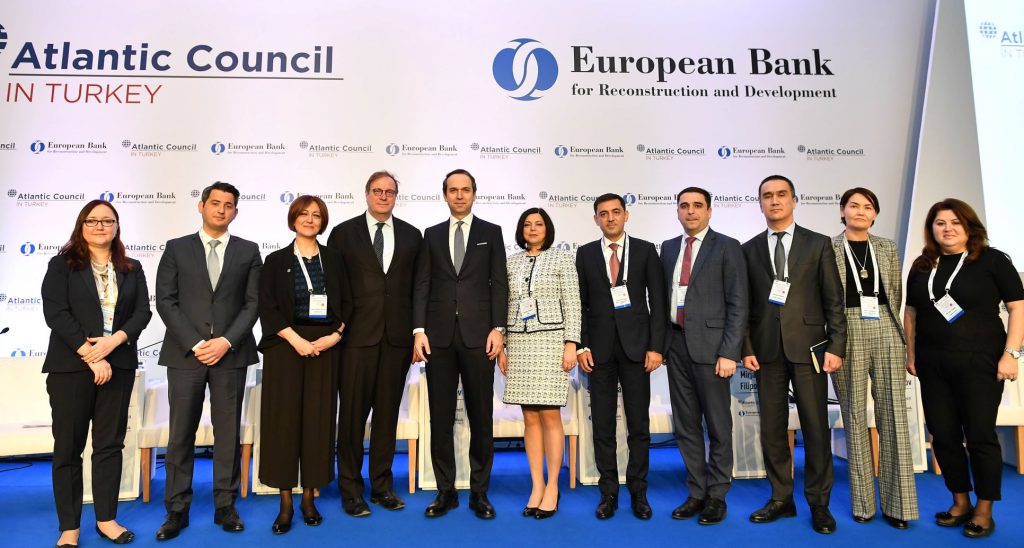Global Tourism Leaders Unite in Paris for 9th International Conference on Sustainable Tourism Management – Travel And Tour World

Report on the 9th International Conference on Sustainable Tourism Management (ICSTM)
Introduction: A Global Convening for Sustainable Development in Tourism
The 9th International Conference on Sustainable Tourism Management (ICSTM) is scheduled to be held in Paris, France, from August 24 to 26, 2025. The conference will convene global leaders, policymakers, academic researchers, and industry innovators to formulate and advance strategies for sustainable tourism. The central focus of the event is to align the global tourism sector with the United Nations’ 2030 Agenda for Sustainable Development, emphasizing practical solutions that integrate economic viability with environmental stewardship and socio-cultural preservation.
Core Objectives and Alignment with Sustainable Development Goals (SDGs)
The conference agenda is structured to directly address several key Sustainable Development Goals (SDGs), ensuring that discussions translate into actionable contributions toward global sustainability targets.
Fostering Sustainable Economic Growth and Decent Work (SDG 8)
A primary objective is to redefine tourism success by balancing economic growth with social and environmental responsibility. Sessions will focus on:
- Developing models for economic growth that do not compromise environmental integrity or cultural authenticity.
- Strategies to mitigate over-tourism while enhancing visitor satisfaction and local community well-being.
- Promoting year-round travel to create stable, decent employment and reduce the strain of seasonal peaks.
Building Sustainable Cities and Communities (SDG 11)
With Paris serving as a case study, the conference will explore the critical role of tourism in creating inclusive, safe, resilient, and sustainable urban and rural environments. Key discussion points include:
- Integrating sustainable transport and green infrastructure within high-traffic tourism zones.
- Implementing policies for the protection and safeguarding of cultural and natural heritage.
- Showcasing Paris’s initiatives, such as expanded cycling networks and low-emission zones, as replicable models for other global cities.
Advancing Climate Action and Responsible Production (SDG 13 & SDG 12)
The urgent need for climate action is a central theme, with a focus on reducing the tourism industry’s environmental footprint. The agenda will cover:
- Pathways to achieving carbon-neutral tourism operations.
- Implementing circular economy principles to manage waste, water, and energy in the hospitality sector.
- Promoting responsible consumption and production patterns through ethical supply chain management and destination marketing.
Enhancing Biodiversity and Ecosystem Conservation (SDG 14 & SDG 15)
The conference will address the direct impact of tourism on terrestrial and marine ecosystems. Educational workshops and presentations will concentrate on:
- Best practices for biodiversity protection within and around tourist destinations.
- The role of tourism operators in supporting conservation efforts and protecting natural heritage.
- Community engagement strategies to ensure local populations benefit from and participate in conservation initiatives.
Key Thematic Areas for Discussion and Collaboration
Technological Innovation for Sustainability
A showcase will feature technological advancements designed to accelerate the transition to a sustainable tourism model, aligning with SDG 9 (Industry, Innovation, and Infrastructure). Innovations to be presented include:
- AI-powered systems for waste and energy reduction in hotels.
- Blockchain technology for transparent and ethical supply chain tracking.
- Smart grid solutions for efficient energy management in tourist destinations.
Education, Research, and Capacity Building (SDG 4)
The conference underscores the importance of education and research in embedding sustainability as a core industry standard. This will be achieved through:
- Presentation of academic research on climate impact, visitor behavior, and conservation economics.
- Practical workshops on eco-certification, community engagement, and biodiversity protection for tourism professionals.
- Building institutional capacity to implement and monitor sustainable practices effectively.
Strengthening Partnerships for the Goals (SDG 17)
A significant focus will be placed on the necessity of multi-stakeholder collaboration. The conference aims to strengthen public-private partnerships (PPPs) to finance and implement large-scale sustainability projects, such as:
- Joint funding for renewable energy infrastructure in tourism-dependent regions.
- Collaborative policy-making to enforce environmental regulations.
- Partnerships between government bodies, the private sector, and local communities to enhance cultural heritage sites.
Anticipated Outcomes and Commitments
The ICSTM is expected to conclude with a series of concrete commitments aimed at driving measurable progress in sustainable tourism. The anticipated outcomes include:
- A joint declaration outlining a unified vision and actionable roadmap for aligning the global tourism industry with the SDGs.
- Commitments to new cross-border standards for eco-tourism and environmental monitoring.
- Pledges for dedicated funding toward community-led sustainable tourism projects.
- Agreements to improve data sharing and reporting mechanisms to track progress against sustainability targets ahead of future conferences.
Analysis of Sustainable Development Goals in the Article
1. Which SDGs are addressed or connected to the issues highlighted in the article?
-
SDG 8: Decent Work and Economic Growth
- The article discusses the need to “balance economic growth with environmental protection and cultural preservation” within the tourism sector. It highlights strategies to maintain “economic benefits” while making tourism sustainable.
-
SDG 9: Industry, Innovation, and Infrastructure
- The conference features an “innovation showcase” with “tools designed to make travel greener,” such as “AI-powered waste reduction systems,” “blockchain-based supply chain tracking,” and “smart energy grids.” It also mentions developing “sustainable infrastructure” and financing “green infrastructure.”
-
SDG 11: Sustainable Cities and Communities
- The article focuses on sustainable tourism in Paris, a major city. It addresses topics like “responsible destination marketing,” “integration of sustainable infrastructure in high-traffic travel zones,” enhancing “cultural heritage sites,” and reducing “tourism-related emissions” through “low-emission transport zones.”
-
SDG 12: Responsible Consumption and Production
- The core theme of the conference is “Sustainable Tourism Management,” which directly relates to sustainable production and consumption. The article mentions reducing the industry’s “environmental footprint,” “waste reduction systems for hotels,” and “ethical sourcing.”
-
SDG 13: Climate Action
- The article explicitly mentions “carbon-neutral tourism” and the need to reduce “tourism-related emissions.” It also notes that research on “climate impact” will be shared, reflecting a direct engagement with climate change mitigation in the tourism sector.
-
SDG 15: Life on Land
- The article refers to the importance of “biodiversity protection” and “conserving natural resources.” The goal of protecting “natural and cultural treasures” for future generations aligns with this SDG.
-
SDG 17: Partnerships for the Goals
- A major theme is collaboration. The article highlights the conference as a “global gathering” for “strategic collaboration” and emphasizes “strengthening public-private partnerships” to finance and implement sustainable policies. It also mentions the potential for “cross-border agreements.”
2. What specific targets under those SDGs can be identified based on the article’s content?
-
SDG 8: Decent Work and Economic Growth
- Target 8.9: “By 2030, devise and implement policies to promote sustainable tourism that creates jobs and promotes local culture and products.” The conference’s focus on balancing economic growth with “cultural preservation” and boosting “visitor satisfaction” directly supports this target.
-
SDG 9: Industry, Innovation, and Infrastructure
- Target 9.4: “By 2030, upgrade infrastructure and retrofit industries to make them sustainable, with all countries taking action in accordance with their respective capabilities.” This is reflected in the discussion of “green infrastructure,” “smart energy grids for tourist destinations,” and retrofitting hotels with “AI-powered waste reduction systems.”
-
SDG 11: Sustainable Cities and Communities
- Target 11.4: “Strengthen efforts to protect and safeguard the world’s cultural and natural heritage.” The article’s emphasis on “cultural preservation,” enhancing “cultural heritage sites,” and protecting “natural and cultural treasures” aligns perfectly with this target.
-
SDG 12: Responsible Consumption and Production
- Target 12.b: “Develop and implement tools to monitor sustainable development impacts for sustainable tourism…” The article mentions the goal of moving into “measurable action that can be tracked and reported” and improving “data sharing for better environmental monitoring.”
-
SDG 13: Climate Action
- Target 13.3: “Improve education, awareness-raising and human and institutional capacity on climate change mitigation…” The conference’s focus on “educational workshops,” sharing research on “climate impact,” and building capacity for “carbon-neutral tourism” directly addresses this target.
-
SDG 15: Life on Land
- Target 15.5: “Take urgent and significant action to reduce the degradation of natural habitats, halt the loss of biodiversity…” This is supported by the article’s mention of “biodiversity protection” and “conserving natural resources” as key topics for tourism operators.
-
SDG 17: Partnerships for the Goals
- Target 17.17: “Encourage and promote effective public, public-private and civil society partnerships…” The article explicitly states that the conference will “spotlight the role of collaboration between governments and private enterprises” and discusses how these partnerships are “essential for financing green infrastructure.”
3. Are there any indicators mentioned or implied in the article that can be used to measure progress towards the identified targets?
-
For SDG 8 (Target 8.9):
- Implied Indicators: Level of “visitor satisfaction”; implementation of policies promoting “year-round travel to reduce peak-season strain.”
-
For SDG 9 (Target 9.4):
- Implied Indicators: Adoption of “AI-powered waste reduction systems for hotels”; implementation of “smart energy grids for tourist destinations”; use of “blockchain-based supply chain tracking for ethical sourcing.”
-
For SDG 11 (Target 11.4):
- Implied Indicators: Number of “cultural heritage sites” enhanced; policies implemented to manage “tourist flows” in high-traffic zones.
-
For SDG 12 (Target 12.b):
- Implied Indicators: Development of systems for “data sharing for better environmental monitoring”; number of tourism operators completing “eco-certification processes”; “measurable impacts” of new sustainable technologies.
-
For SDG 13 (Target 13.3):
- Implied Indicators: Reduction in “tourism-related emissions”; number of destinations implementing “carbon-neutral tourism” strategies.
-
For SDG 15 (Target 15.5):
- Implied Indicators: Implementation of “biodiversity protection” plans by tourism operators; measurable conservation of “natural resources” in tourist areas.
-
For SDG 17 (Target 17.17):
- Implied Indicators: Number of “public-private partnerships” formed; number of “cross-border agreements on eco-tourism standards” established.
4. Summary Table of SDGs, Targets, and Indicators
| SDGs | Targets | Indicators (as identified in the article) |
|---|---|---|
| SDG 8: Decent Work and Economic Growth | 8.9: Promote sustainable tourism that creates jobs and promotes local culture. | Level of visitor satisfaction; implementation of policies for year-round travel. |
| SDG 9: Industry, Innovation, and Infrastructure | 9.4: Upgrade infrastructure and retrofit industries to make them sustainable. | Adoption of AI-powered waste reduction systems, smart energy grids, and blockchain for ethical sourcing. |
| SDG 11: Sustainable Cities and Communities | 11.4: Strengthen efforts to protect and safeguard the world’s cultural and natural heritage. | Enhancement of cultural heritage sites; management of tourist flows. |
| SDG 12: Responsible Consumption and Production | 12.b: Develop and implement tools to monitor sustainable development impacts for sustainable tourism. | Systems for data sharing for environmental monitoring; completion of eco-certification processes. |
| SDG 13: Climate Action | 13.3: Improve education and institutional capacity on climate change mitigation. | Reduction in tourism-related emissions; implementation of carbon-neutral tourism strategies. |
| SDG 15: Life on Land | 15.5: Take urgent action to halt the loss of biodiversity. | Implementation of biodiversity protection plans; conservation of natural resources. |
| SDG 17: Partnerships for the Goals | 17.17: Encourage and promote effective public, public-private and civil society partnerships. | Number of public-private partnerships formed; number of cross-border agreements signed. |
Source: travelandtourworld.com

What is Your Reaction?
 Like
0
Like
0
 Dislike
0
Dislike
0
 Love
0
Love
0
 Funny
0
Funny
0
 Angry
0
Angry
0
 Sad
0
Sad
0
 Wow
0
Wow
0


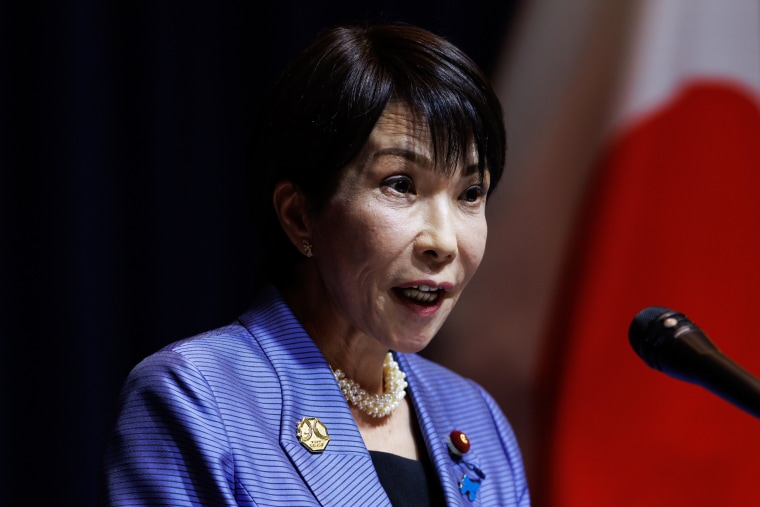







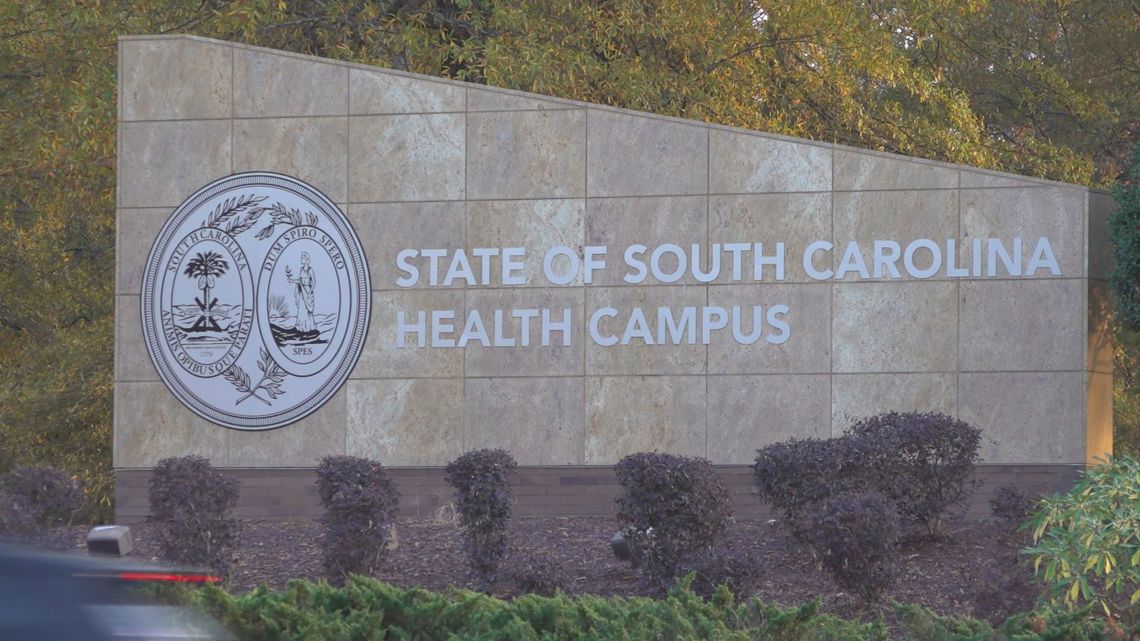




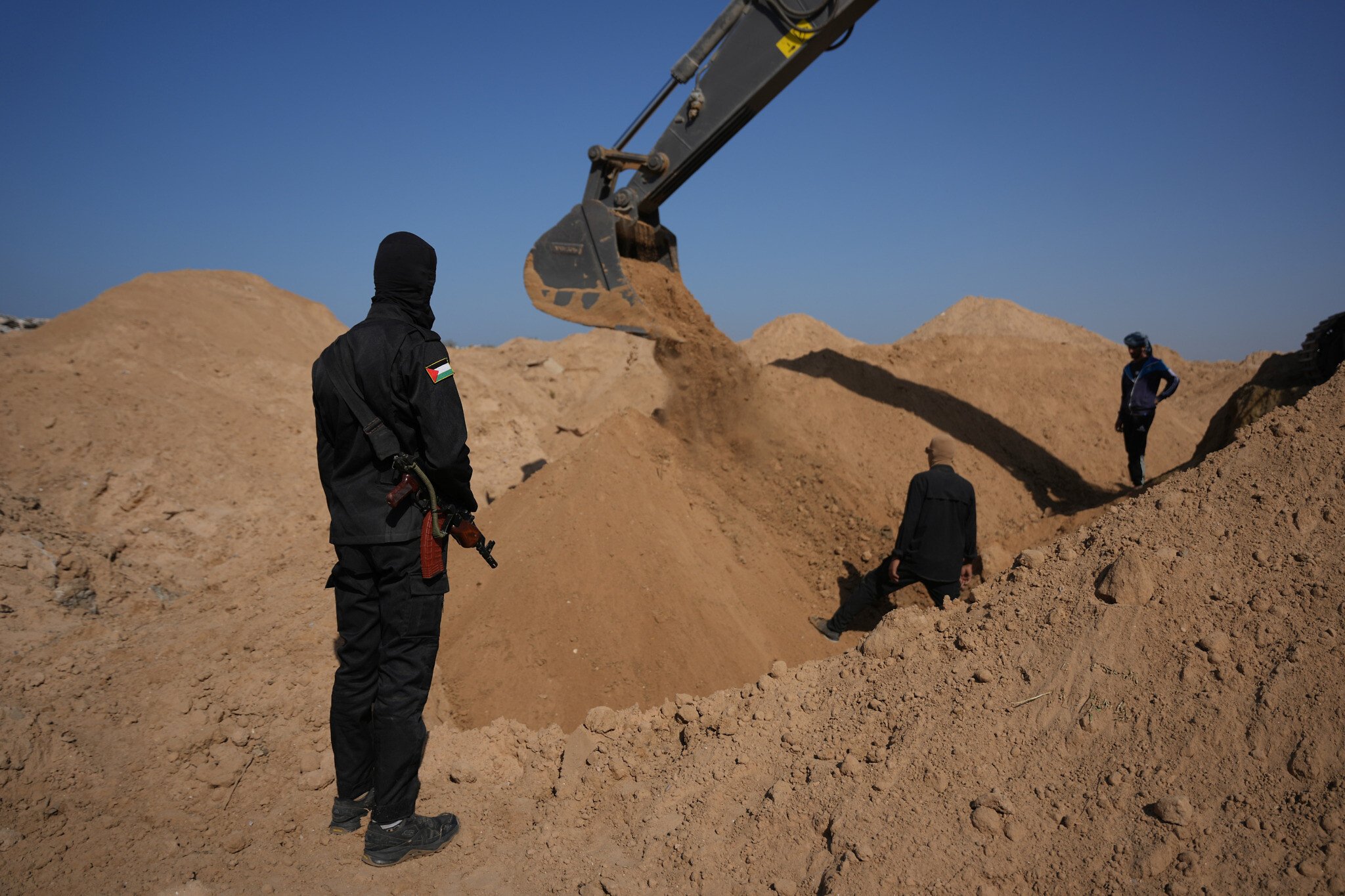
















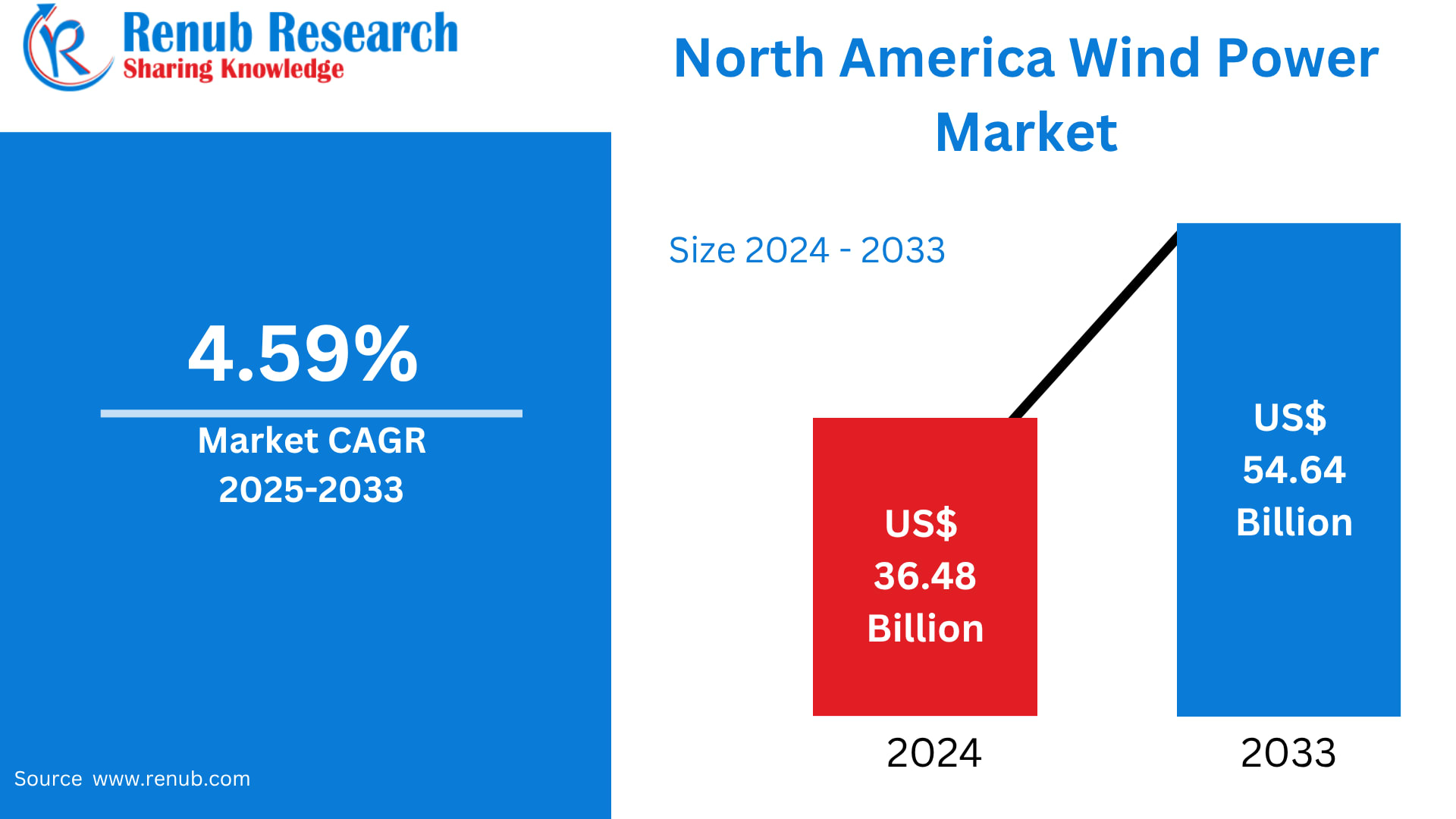
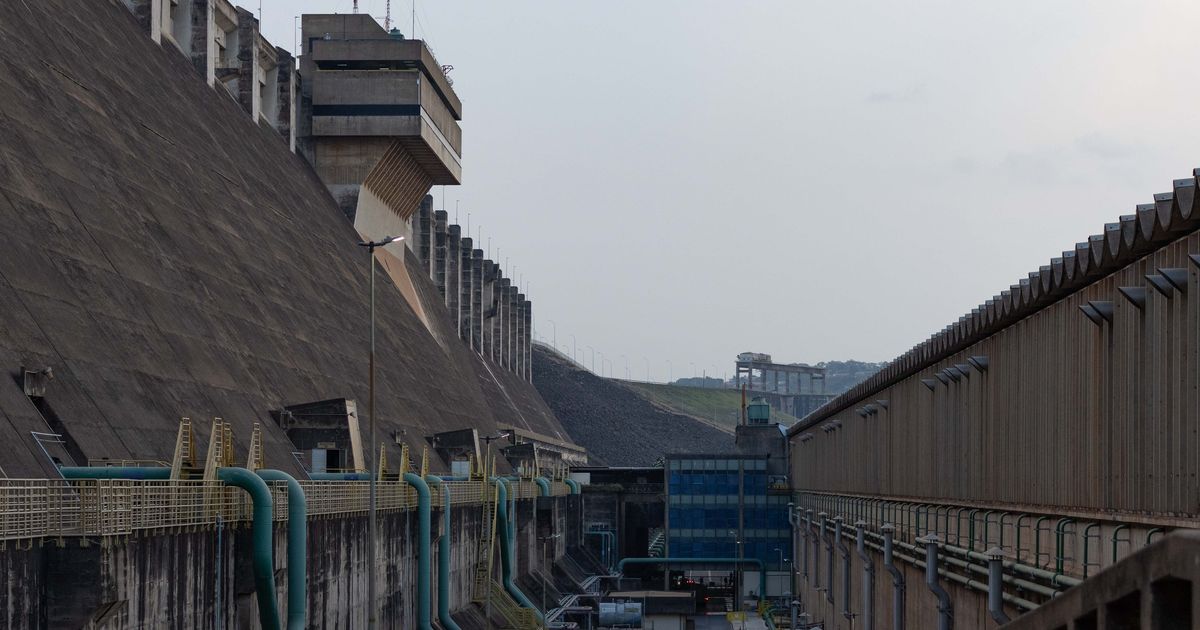
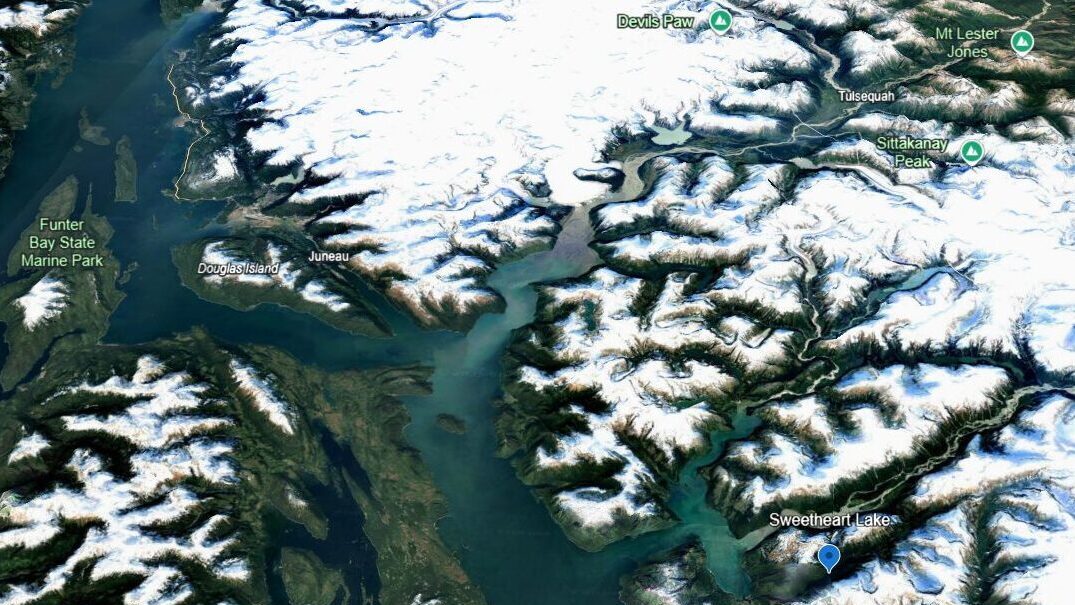










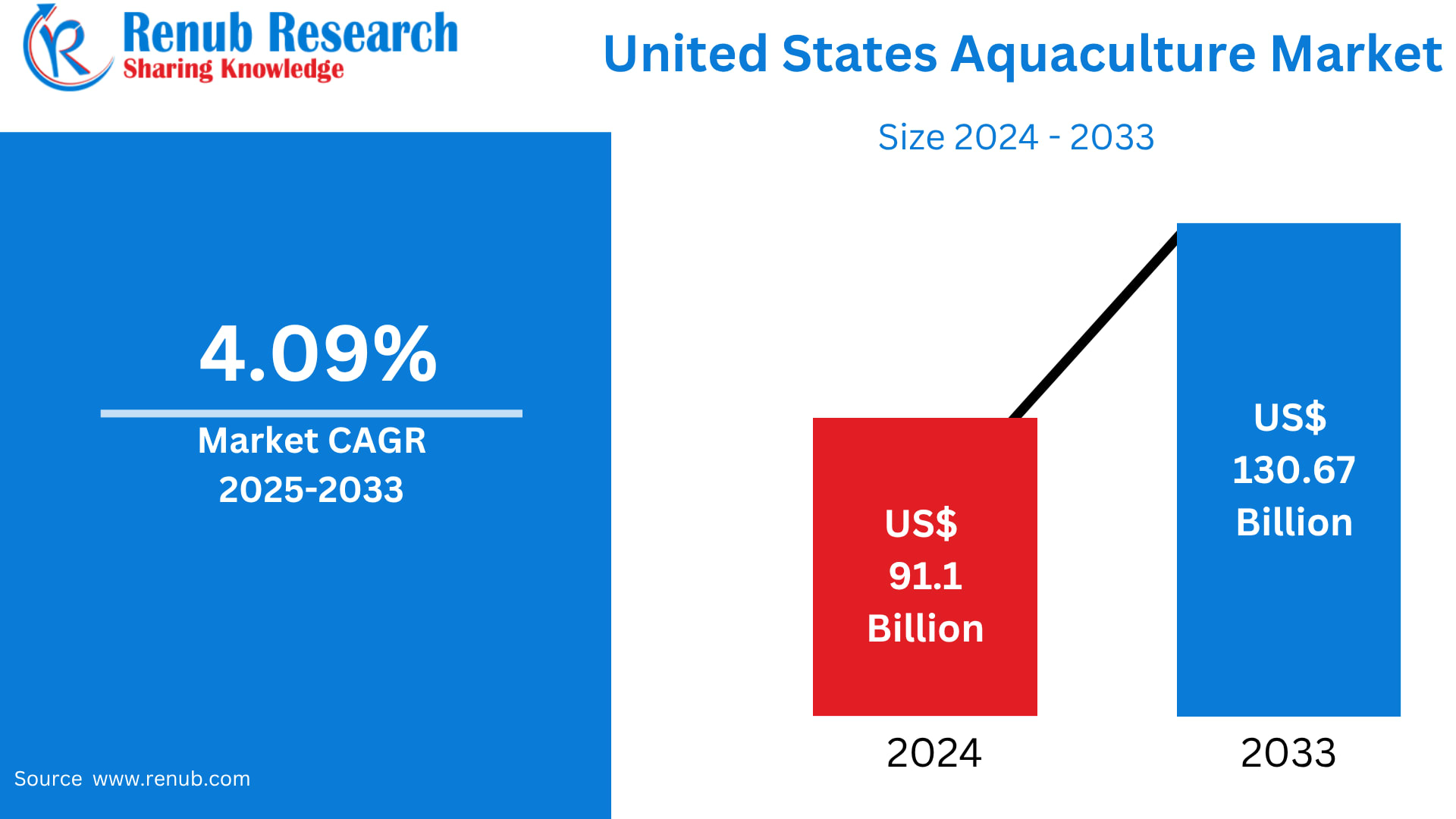
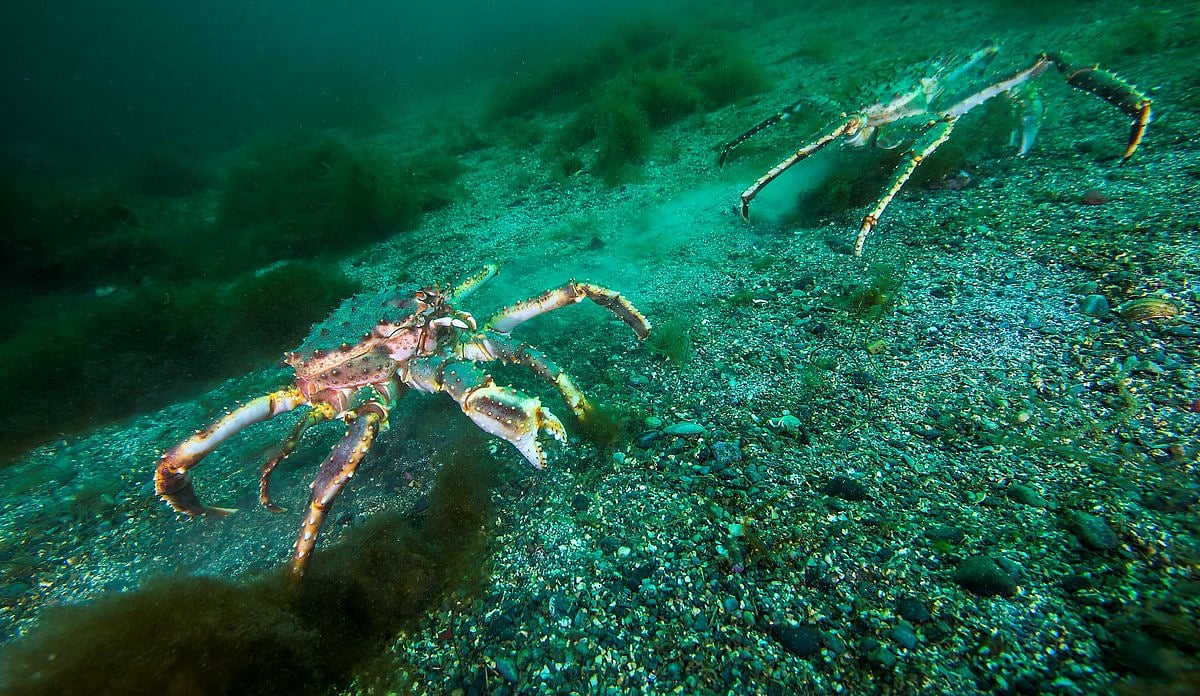






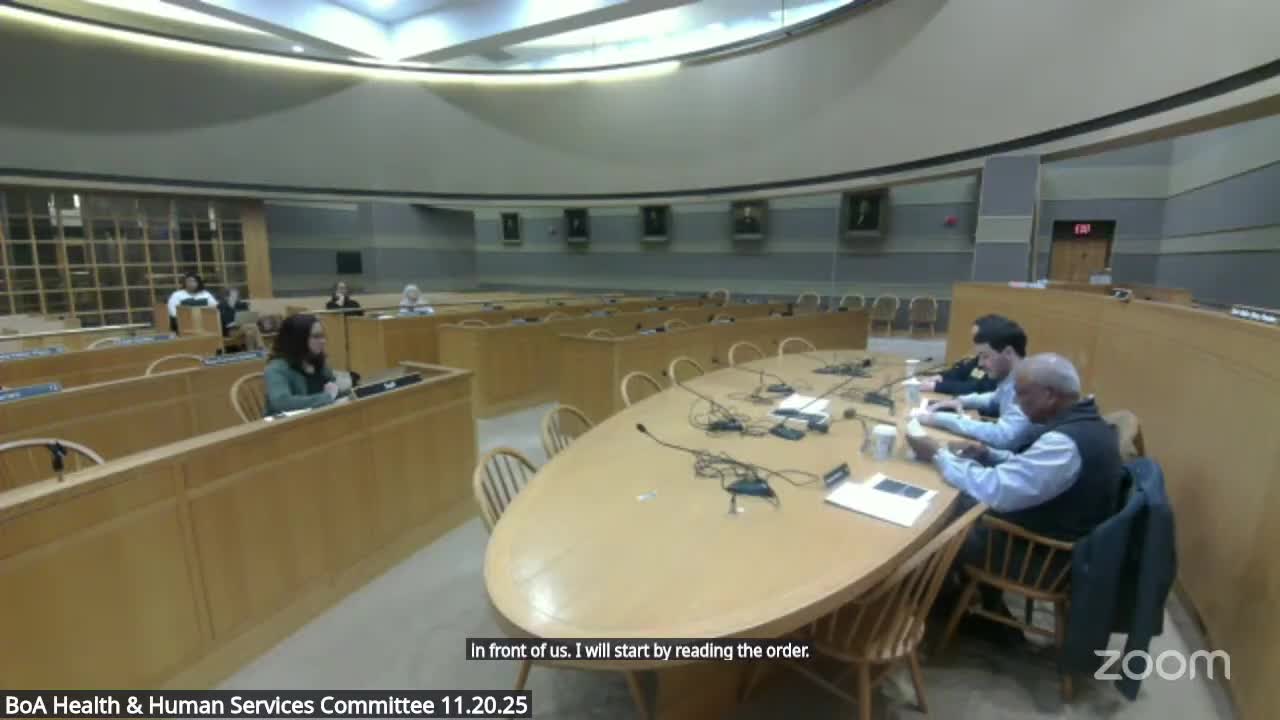



.jpg?format=1500w#)






